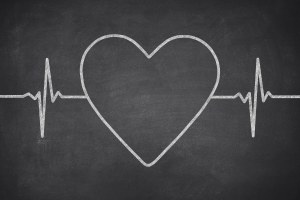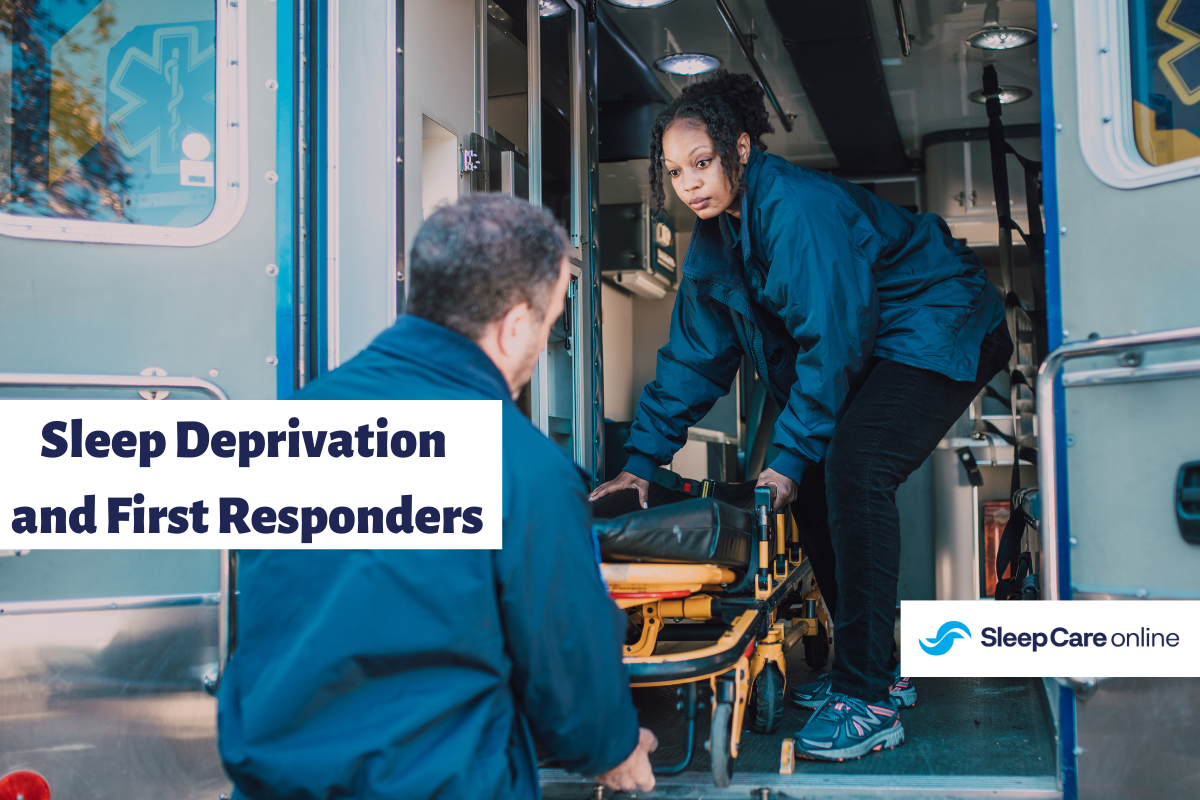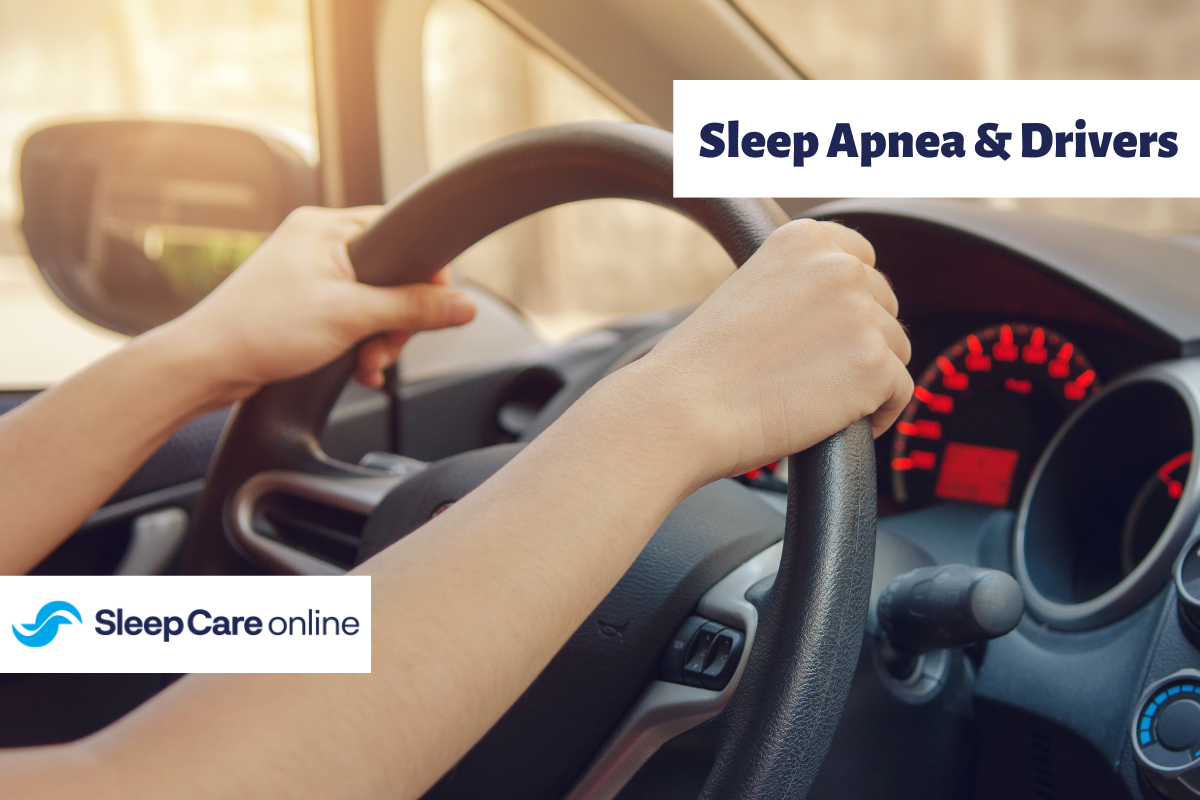People who have atrial fibrillation or A-fib are at a much higher risk for stroke than those who have a normal heartbeat. The heart’s normal electrical rhythm causes the top chambers and then the upper chambers of the heart to contract. This action allows blood to pump through the body. In A-fib, the top heart chambers experience abnormal quivering (fibrillating). As a result, blood can pool in the heart, where it can potentially form a clot. If the blood clot travels to the person’s brain, a stroke can occur.
What is Atrial Fibrillation?
Atrial fibrillation is often identified as an irregular heartbeat, sometimes very rapid, that may lead to blood clots in the heart. Blood clots can lead to stroke or heart failure. During atrial fibrillation, the heart’s chambers beat out of sync. While symptoms of a-fib may include a fast heartbeat, shortness of breath, or heart palpitations, in many instances there are no noticeable symptoms at all. For these reasons, a-fib can be a silent killer.
Atrial Fibrillation (A-Fib) Symptoms
The most apparent symptoms of atrial fibrillation include a racing or palpitating heart. Some people may also experience pain or pressure in the chest or a feeling of dizziness or weakness. Symptoms can be periodic which can lead many people to ignore them. However, the most alarming symptoms are no symptoms at all. Without indicators of a health issue, someone with undiagnosed a-fib can easily suffer serious health consequences from potential blood clots.
Can Sleep Apnea Cause Irregular Heartbeats or A-Fib?
About half of all a-fib patients also have sleep apnea. Because obstructive sleep apnea (OSA) causes periodic restricted breathing during nighttime episodes. the disruption in respiration over time can affect the function of the heart. Poor sleep impacts blood oxygen levels which can cause the heart to adapt to changing oxygen flow over time. Heart rhythm patterns can be altered with sleep loss and may lead to irregular heartbeats or a-fib.
Relation Between Sleep Apnea and Atrial Fibrillation
The understanding of the relationship between sleep apnea and atrial fibrillation is continuing to evolve as more research emerges. Sleep apnea patients have four times the risk of developing a-fib. Over time, untreated sleep apnea can lead to the onset of risk factors such as hypertension and diabetes that predisposes a person to a-fib. Further, it has been shown that sleep apnea directly triggers arrhythmias during sleep. The heart experiences stresses and chemical changes each time a person with sleep apnea is startled awake by a lack of oxygen, which contributes to a-fib.
Why OSA Can Increase Atrial Fibrillation Risk?
Left undiagnosed obstructive sleep apnea begins to affect the heart’s daily performance by depriving it of essential oxygen flow, especially over a long period. Minimized oxygen in the blood is directly related to episodes of interrupted sleep, which sleep apnea can cause nightly in patients. This consistent new sleep pattern of disruption causes the heart to change patterns as well, which can then lead to atrial fibrillation.
How Can I Get Tested for Sleep Apnea at Home?
Getting tested is the first step to determining sleep apnea as a health problem. Here is how it works:
- With the Complete Care Package, schedule a 10-minute telehealth visit with a healthcare provider to discuss your symptoms, upcoming sleep study, test results, and treatment options.
- A multi-night, disposable home sleep apnea test is mailed to your home to be completed at your convenience.
- A physician analyzes the sleep data and provides a prescription if needed.
- Schedule an optional follow-up appointment (additional fee applies).
- We connect you to sleep experts who can offer customized sleep therapy options, assistance in equipment purchase, and initial set-up.




